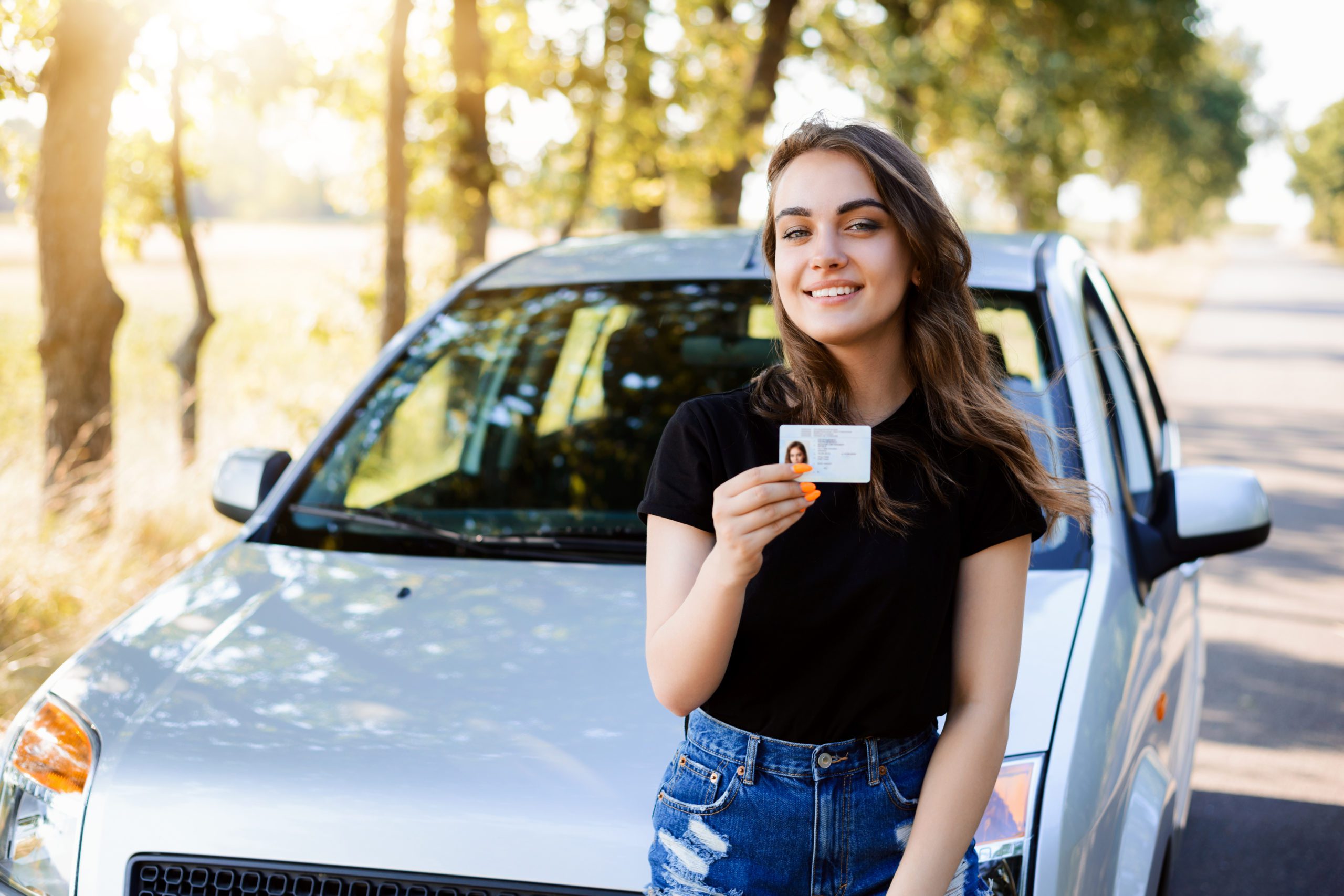Campus Living, Featured, Life on Campus
Ten Unmissable Considerations to Take When Buying the Perfect First Car
Dmytro Spilka

It’s one of life’s most memorable experiences. Buying our first car and earning that all-important piece of freedom is one of the biggest rites of passage for young adults and college students alike, but it’s important to avoid getting caught up in the excitement and being left with a motor that doesn’t suit your needs.
Buying your first car may be one of the most enjoyable shopping experiences you can imagine. Whether you’re searching online, visiting showrooms, or stumbling upon a friend who might be willing to sell, getting to grips with a new motor and imagining a future driving it from A to B can be an enthralling feeling.
However, purchasing the wrong car can come with major financial and even safety risks. With this in mind, let’s explore 10 essential considerations that you should take into account before you buy your first set of wheels:
To Buy New or Used?
Okay, so this first consideration doesn’t actually have a right or wrong answer. While used cars are certainly cheaper than new cars, if you can afford to buy a newer motor, it’s likely that they’ll have better safety features and less wear and tear.
However, the biggest consideration here revolves around your level of experience. As a new and inexperienced driver, you may be more likely to have bumps and scrapes as you get a feel for the roads and your own spatial awareness. This can severely affect the value of a new car, so purchasing a cheaper motor to find your feet in may be a more suitable option.
Always Look for Dents and Scratches
Always make sure you take a good look at your car in the daytime so that you can clearly see any imperfections on the bodywork. Keep an eye on dents, scratches, and signs of kerbing on the wheels.
Although minor dents and scratches aren’t usually a big problem for drivers, larger bumps and problems with the bodywork could indicate that the car’s chassis could be weakened, making the vehicle less safe if it experiences a crash.
You should also keep a lookout for issues like chips and cracks in the windshield that may affect your vision or be liable to become worse over time. If this is the case, it’s worth Googling ‘windshield chip repair near me’ to find out whether the cost to fix the issue is worth embracing.
Naturally, discovering dents and scratches can be an opportunity to haggle the price of a used car down, so don’t panic if you see a discreet imperfection upon inspection.
Never Make a Decision Before a Test Drive
It’s imperative that you always test drive a car before you buy it. This is because you get the opportunity to test the motor for any signs that something isn’t right, all while checking to make sure that it lives up to your expectations when on the road.
To properly test a car, be sure to check the condition of the clutch by looking for the biting point. Also look at how the car accelerates, whether it pulls to one side, or how it handles corners.
You should also try driving at a high speed on a freeway if you get the opportunity, as this can help to unmask some of the problems that could be hidden when going at low speeds.
Always Calculate the True Budget You’ll Need
You may know the price of your car, but how much is it set to cost you per month? Different cars can run up different monthly costs based on the type of insurance you get, the miles-per-gallon you can get out of a tank of petrol, and the road tax you’re likely to pay.
It’s always worth running a check on the mpg of your chosen car before making a purchase and getting an insurance quote from providers. These can help to clarify the true budget you’ll need before you buy a car.
Be Wary of High Mileage
High-mileage cars tend to be far cheaper to buy, but there’s a good reason for this. Cars that have racked up over 100,000 miles tend to require more maintenance through wear and tear over time. While they could be $2,000 cheaper than counterparts with 30,000 miles, any savings could be lost through constant repair work.
Safety Should be a Priority
You may have passed your test with flying colors and regard yourself as a strong driver. But accidents can always happen because of factors out of your control like poor weather or the incompetence of others.
Because of this, make sure you check that your car will have fully functioning seat belts, airbags, anti-lock braking (ABS), traction control, and working tire pressure monitors. All of these factors can help to ensure that you’ll stay safe in your new motor.
Make Sure Your Car Suits Your Personal Requirements
If you’re planning to add a child seat in the back of your car, make sure that the seat belts stretch well enough to fit it. Perhaps you need your car to transport heavy equipment from A to B, and in this case, you should keep boot space in mind.
Don’t Let Your Heart Rule Your Head
We’ve all been there. It can be easy to fall in love with a car for different reasons. However, it pays to stay level-headed and to avoid becoming infatuated with one single motor when there are alternatives on the market that are more functional, cost-effective, and relevant to your needs.
Look Out for Inconsistencies
While it can be tempting to buy your perfect car on the spot without having to dive into masses of paperwork, the more administrative aspect of purchasing a car can help to uncover key inconsistencies in its service history.
Getting to grips with the information supporting your car, like its service record, ownership history, and mileage can be an important way of checking to see if it’s had a high turnover in owners, or if it’s had to undergo major repair work in its lifetime.
These factors can all point to something not being quite right with the vehicle that requires further investigation.
Don’t be Afraid to Bring an Expert with You
You may want to take the step of buying your first car on your own, or with friends to accompany you, but it’s worth taking someone who’s experienced with cars who can help you to spot potential problems or areas of concern.
Whether you know of somebody who took a mechanics course or have a family member who has plenty of experience with cars, it’s certainly worth bringing them with you.
Having somebody by your side who knows the ropes of used car purchasing can not only help you to find the perfect motor but could also prevent some opportunistic used car dealers from trying to exploit your lack of experience in their sales tactics.
Although these considerations are important to keep in mind, above all you should remember to enjoy the experience of buying your first car. There aren’t many more liberating moments than getting your first set of wheels, so enjoy!
SEE ALSO: Prioritizing Cost and Durability: Analyzing the Best Cars for College Students












_(1)-300x231.jpg)

